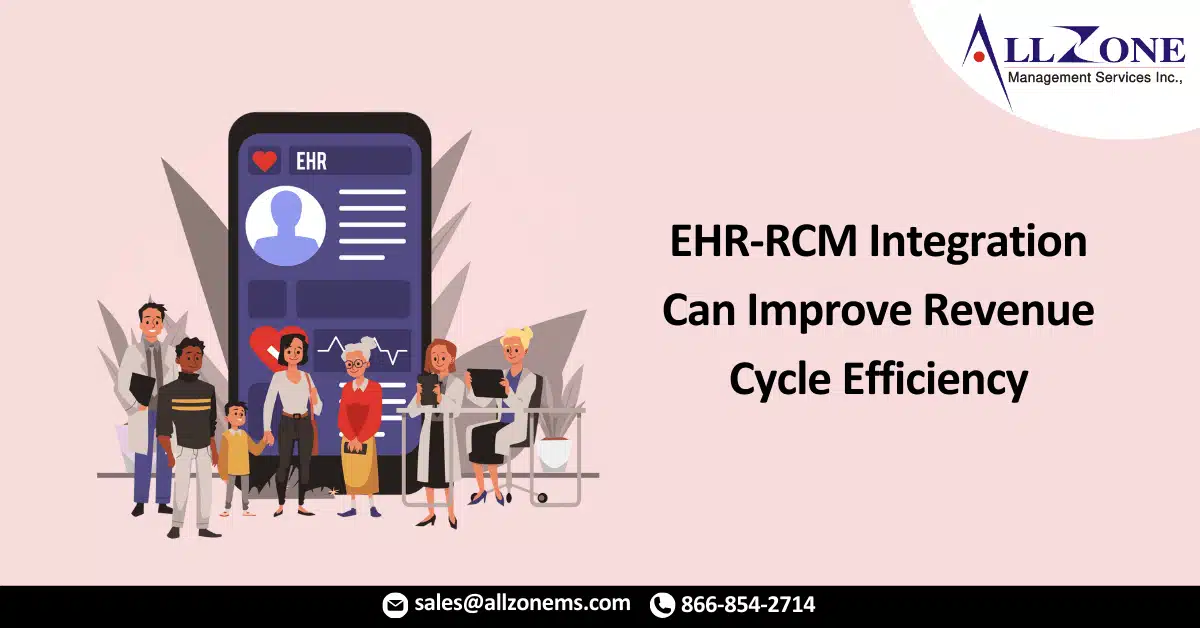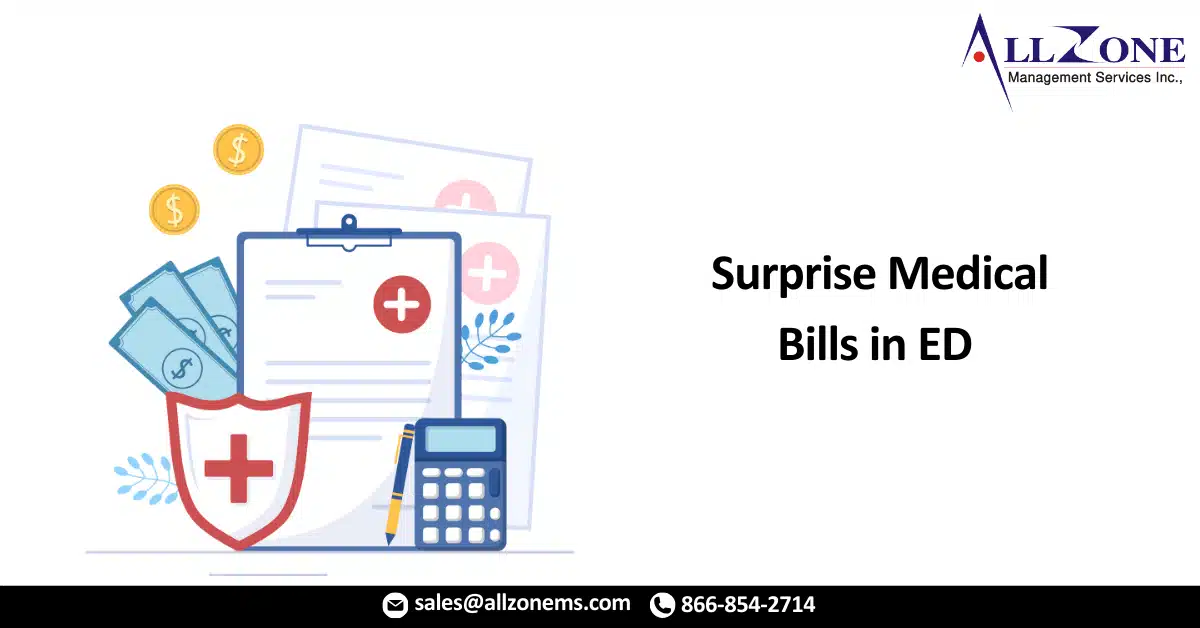The medical billing industry, while complex and often mired in regulatory hurdles, is experiencing a period of growth and transformation. A recent survey conducted by healthcare software company, a digital health operating system company, revealed that 65% of medical billing companies hold a positive outlook on the industry’s future. This optimism is fueled by several […]
Healthcare Providers Turn to Outsourcing for Revenue Cycle Management Amid Workforce Shortages In an effort to enhance cash flow and improve patient care, healthcare providers are increasingly seeking reliable vendors to outsource their Revenue Cycle Management (RCM) services. A study reveals that many providers are outsourcing RCM processes to address staffing shortages and financial challenges. […]
Partnering with a vendor that provides EHR and RCM capabilities helped one healthcare organization boost communication and improve revenue cycle efficiency for 150 care centers. Leveraging automation for revenue cycle management (RCM) processes can streamline tasks and improve efficiencies. Specifically, partnering with an EHR vendor helped a healthcare organization to achieve $1 billion in patient […]
Self-pay after insurance patient collection rates dropped from 76 percent in 2020 to 55 percent in 2021 as the share of out-of-pocket balances over $7,500 grew. Patient collection rates at hospitals declined and bad debt increased when out-of-pocket bills reached $7,500, according to a report from Crowe Revenue Cycle Analytics (Crowe RCA). The report reflects […]
Open communication, payment options, and understanding are all key to improving patient collections in a consumer-oriented healthcare landscape. The rising cost of healthcare in the United States has left consumers feeling lost and overwhelmed. High deductible healthcare plans, co-pays, and out-of-pocket medical expenses have all contributed the emergence of healthcare consumerism, which is the pursuit […]
Patient access is the first point of contact for patients and the first time staff can get key information right for revenue cycle management success. Patient access is generally the first encounter a patient will have with a healthcare organization, making it central to the patient experience. But this aspect of healthcare is also […]
Physicians in a hospital’s emergency department (ED) collected significantly more of the charged amount for likely surprise medical bills compared to other patient cases, a new study in Health Affairs reveals. In the event of a likely surprise medical bill, physicians collected 65 percent of the charged amount compared with just 52 percent for other cases. Researchers also […]
The world is changing and the operations behind healthcare reimbursement is changing with it. Healthcare organizations are recovering from an unprecedented public health crisis during which entire service lines shut down so providers could focus on stopping the spread of a deadly virus. Meanwhile, healthcare has been going through a digital revolution. The clinical shift […]
Monument Health in South Dakota is adapting to a new definition of patient-friendly medical billing as COVID-19 transforms patient needs and their ability pay for healthcare. Patient financial responsibility has been impacting the hospital revenue cycle far before the world knew what COVID-19 was. But the unprecedented public health crisis has shed new light on patient-friendly […]
COVID-19 is creating unique healthcare revenue cycle challenges around billing and coding, patient financial responsibility, and resource allocation. As entire nations encourage their populations to stay inside to avoid COVID-19, healthcare providers are more active than ever in response to the outbreak of the novel coronavirus. This activity is having a significant impact on the […]










